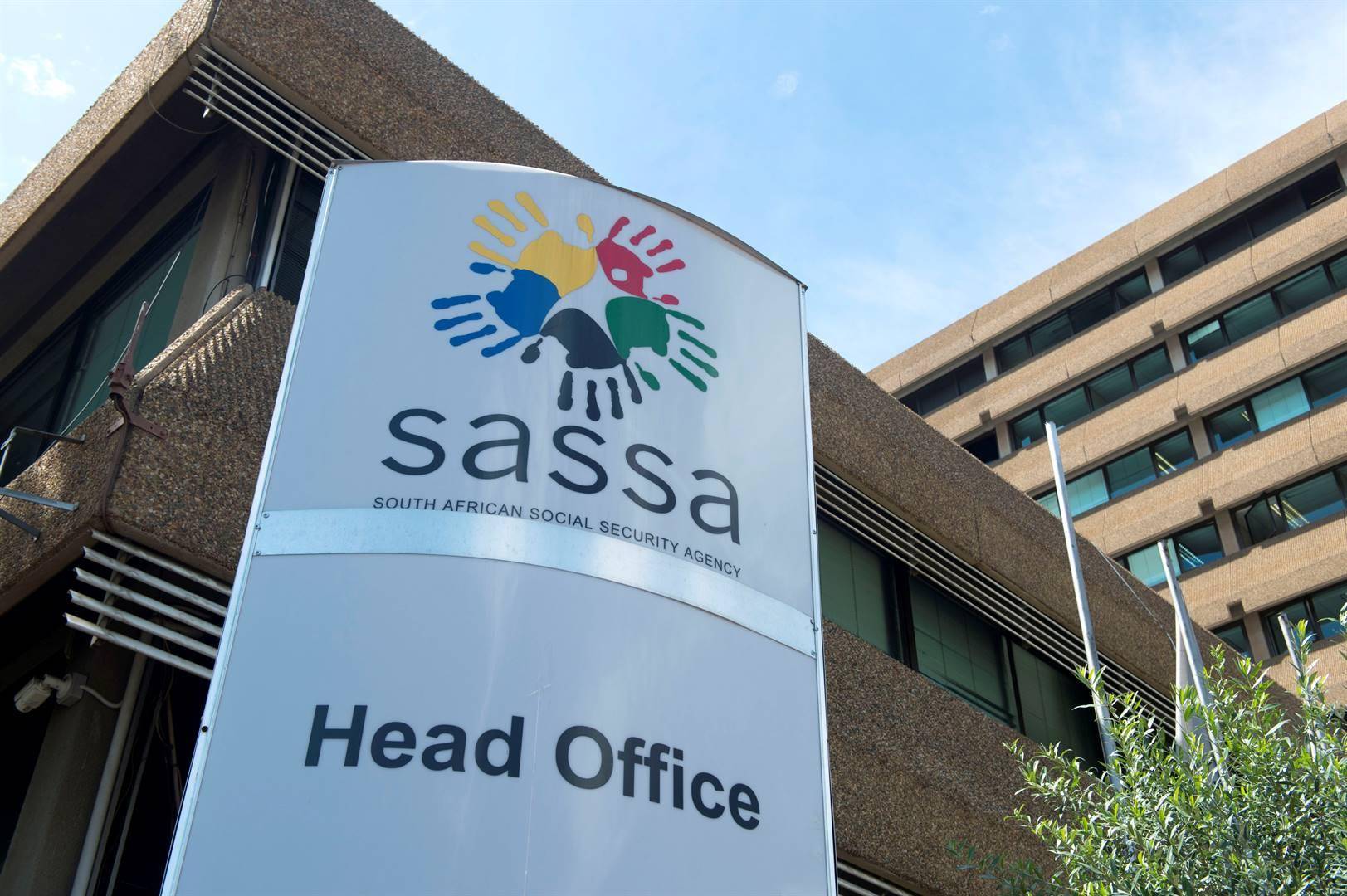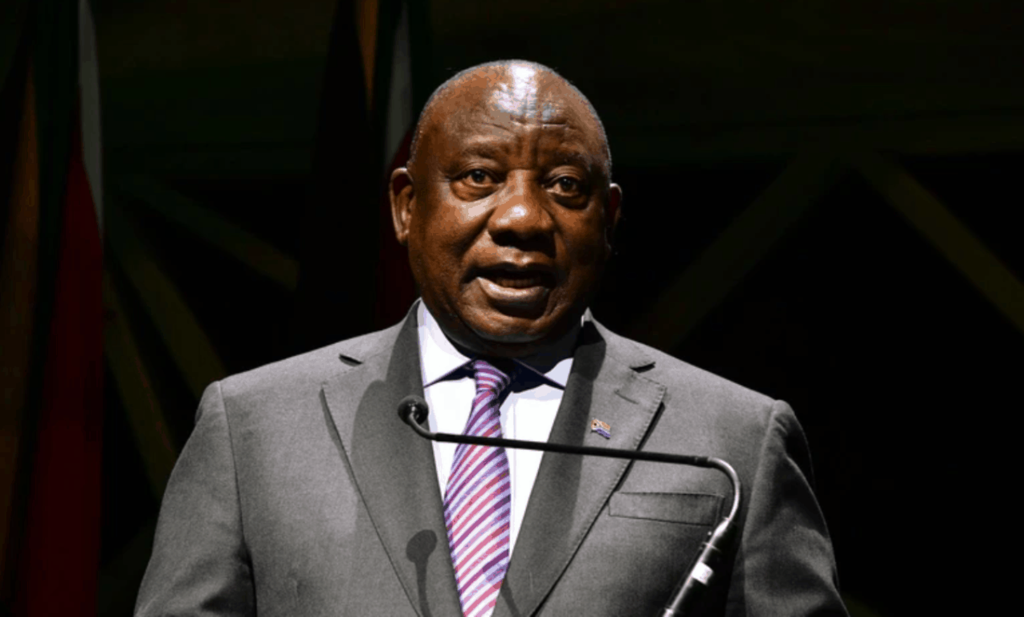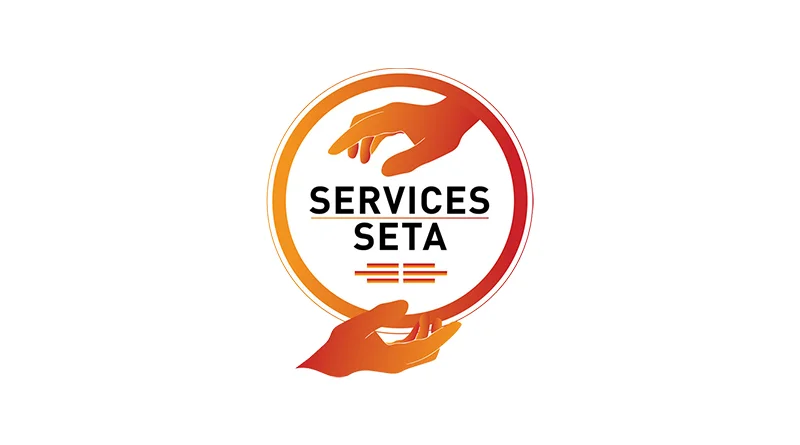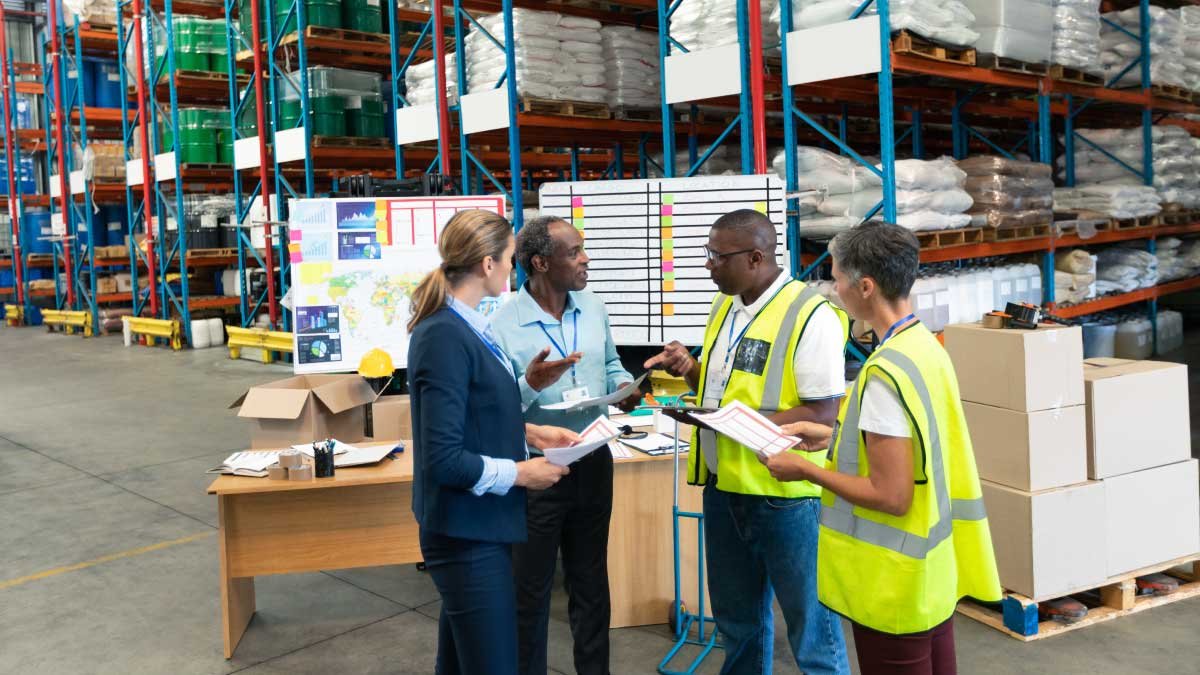South Africa’s Social Assistance Dilemma: From SRD Grant to Basic Income Grant – Analysis & Implications 2024

Contents
- 1 Introduction : Social Assistance
- 2 Transition to Basic Income Grant (BIG)
- 3 Critique and Concerns
- 4 Current Status and Challenges
- 5 What is SONA and Who is Ramaphosa?
- 6 Conclusion
Introduction : Social Assistance
President Cyril Ramaphosa’s recent State of the Nation Address (Sona) has stirred discussions regarding the fate of the Social Relief of Distress (SRD) grant and the possibility of its transformation into a Basic Income Grant (BIG). This article delves into the promises made during the Sona, analyzes the likelihood of these promises being fulfilled, and explores the implications for South Africans, particularly those dependent on social grants.
President Ramaphosa’s Sona Announcement

In his address, President Ramaphosa pledged to extend and enhance the R350 SRD grant, recognizing its crucial role in providing monthly financial support to nine million individuals amidst South Africa’s staggering unemployment rate of 31.9%.
DO YOU WANT TO APPLY FOR Join the Amathuba Learnership Programme at Old Mutual 2024
Importance of Social Assistance
Ramaphosa emphasized the broader impact of social assistance programs, citing their contribution to increased school enrollment, attendance, and improved academic performance. This underscores the significance of such grants beyond immediate financial relief.
Transition to Basic Income Grant (BIG)
The prospect of transitioning from the SRD grant to a Basic Income Grant (BIG) has garnered attention, with political parties and civil society organizations advocating for a BIG of R1 268, nearly four times the current SRD grant amount.
ARE YOU INTERESTED ON SA Army Application Forms 2024 Opening Date
Political Response and Analysis
While Ramaphosa hinted at the possibility of implementing a BIG during the ANC January 8th statement, political analysts, such as Professor Theo Venter, express skepticism regarding the feasibility of such a transition. Venter suggests that the president’s promises may be disconnected from the economic realities faced by many South Africans.
Waiting for Budget Speech
The anticipation now lies in Finance Minister Enoch Godongwane’s forthcoming Budget Speech on February 21, where clarity is sought regarding the practicality of implementing these proposals within the nation’s fiscal constraints.
Critique and Concerns
Black Sash’s Perspective
Black Sash, a human rights organization, raises concerns over past Sona commitments and their translation into tangible resources for impoverished communities. They highlight failures in social grant administration and budget allocations, underscoring the ongoing struggles faced by grant beneficiaries.
Social Assistance :Lack of Concrete Plans
Despite calls for a BIG, there is a notable absence of concrete plans or funding details. Deputy President Paul Mashatile acknowledges the need for a review of the SRD grant due to inflation but offers no definitive solutions. Social Development Minister Lindiwe Zulu outlines potential funding models, including taxation, reallocation of budgets, or borrowing, but without specifying a preferred approach.
Current Status and Challenges
SRD Grant Extension
The Department of Social Development has allocated significant funds for grants, with the extension of the Covid-19 SRD grant until March 31, 2024. However, concerns persist regarding the adequacy of grant amounts in line with inflation rates.
Sassa’s Operational Challenges
The South African Social Security Agency (Sassa) faces operational challenges, including delays in grant payments due to system glitches and verification issues. Moreover, reports of fraud and corruption within Sassa raise questions about the agency’s effectiveness in safeguarding funds meant for vulnerable populations.
The promises outlined in President Ramaphosa’s Sona regarding the SRD grant extension and the potential transition to a Basic Income Grant reflect aspirations for greater social support and economic inclusivity. However, the path to realizing these ambitions is fraught with challenges, including fiscal constraints, administrative inefficiencies, and governance issues within social security institutions. As South Africa awaits further clarity in the upcoming budgetary announcements, the debate surrounding social assistance programs continues to underscore the urgency of addressing poverty and inequality in the nation.
What is SONA and Who is Ramaphosa?

The State of the Nation Address (SONA) is an annual speech delivered by the President of South Africa to a joint sitting of the Parliament. It outlines the government’s achievements, challenges, and plans for the year ahead. President Cyril Ramaphosa has been serving as the President of South Africa since February 15, 2018. He is a prominent figure in South African politics and has previously held positions such as Deputy President and Secretary-General of the African National Congress (ANC). Ramaphosa is known for his efforts to combat corruption, promote economic growth, and address social issues in the country.
Economic Impact and Policy Considerations
Economic Recovery Efforts
Given South Africa’s economic challenges exacerbated by the COVID-19 pandemic, there is a pressing need for targeted interventions to stimulate growth and alleviate poverty. The extension and potential enhancement of the SRD grant could serve as a crucial component of broader economic recovery efforts, providing much-needed support to vulnerable households.
Social Assistance : Fiscal Sustainability
However, concerns persist regarding the fiscal sustainability of expanding social assistance programs, particularly in the face of mounting debt and budgetary constraints. Balancing the imperative to provide social protection with the need for prudent fiscal management poses a significant policy dilemma for the government.
Social Implications and Community Well-being
Addressing Inequality
The debate over the implementation of a Basic Income Grant reflects broader discussions about addressing deep-seated inequalities in South African society. A comprehensive social protection system, including measures such as the BIG, could play a vital role in reducing poverty and promoting social cohesion.
Community Resilience
Moreover, robust social assistance programs contribute to enhancing community resilience in the face of economic shocks and crises. By providing a basic level of income security, such initiatives empower individuals to weather financial hardships and pursue opportunities for economic and social advancement.
Administrative Efficiency and Accountability
Strengthening Social Security Institutions
Efforts to improve the administration of social grants and enhance the capacity of institutions like Sassa are essential for ensuring that benefits reach intended recipients in a timely and efficient manner. This requires investment in technology, staff training, and oversight mechanisms to mitigate risks of fraud, corruption, and bureaucratic inefficiencies.
Public Participation and Transparency
Furthermore, fostering greater public participation and transparency in the design and implementation of social assistance programs can enhance accountability and ensure that policies align with the needs and priorities of the most marginalized communities.
International Comparisons and Best Practices
Learning from Global Experiences
South Africa can draw valuable lessons from other countries that have successfully implemented universal basic income schemes or similar initiatives. By studying international best practices and adapting them to the local context, policymakers can design more effective and sustainable social protection systems.
Multi-Stakeholder Collaboration
Moreover, forging partnerships with international organizations, civil society groups, and academia can enrich the discourse on social policy and facilitate knowledge exchange on innovative approaches to poverty alleviation and income support.
Conclusion
As South Africa navigates the complexities of extending the SRD grant and exploring the feasibility of a Basic Income Grant, it confronts a pivotal moment in its quest for social justice and inclusive development. While the challenges are daunting, the commitment to building a more equitable and resilient society remains steadfast. By harnessing the collective expertise and goodwill of stakeholders across sectors, South Africa can chart a path towards a future where every citizen has the opportunity to thrive.
ALSO LEARN ABOUT
- 9 Tips for Selling Your Car Through a Broker: Maximizing Value and Efficiency
- Exploring Specialty Car Brokering Services: Luxury, Exotic, and Vintage Cars 2024
- 10 Common Mistakes to Avoid When Using a Car Broker
- The Future of Car Brokering: Trends and Innovations 2024
- How to Evaluate and Select the Right Car Broker for Your Needs 2024




